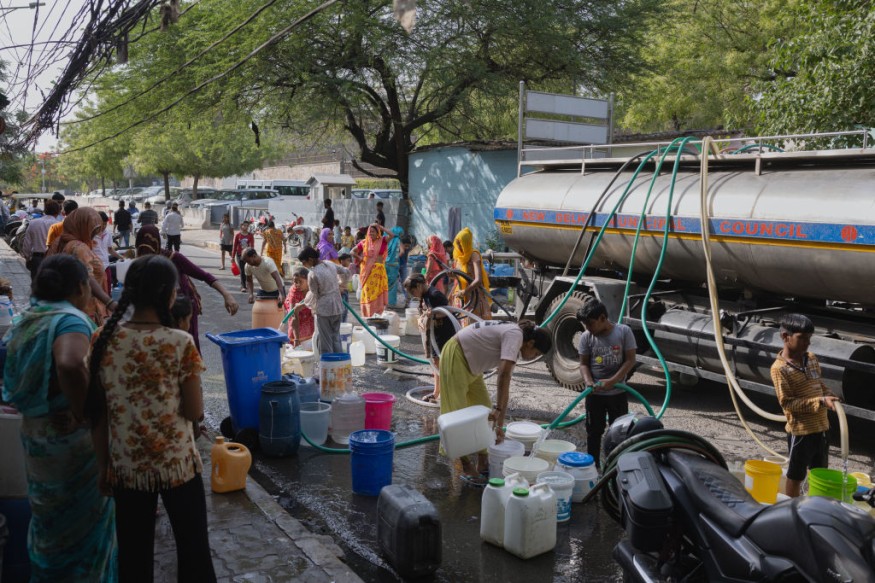
Global warming continues to be a fiercely debated issue among climate scientists. While some believe the rising temperatures — marked by record highs last year — are closely tied to fossil fuel emissions, others argue that the Earth is more sensitive to these emissions than previously thought.
A recent study by researchers at the University of Melbourne sheds light on the uneven nature of global warming and the role pollution plays in this disparity.
Pollution Slows Warming in Cities Like Cairo and Mumbai, But Risks Loom Large
The study found that while the planet is heating rapidly, this warming is not uniform.
Surprisingly, some of the world's most polluted cities, such as Cairo and Mumbai, are warming more slowly than cleaner urban areas in Europe and North America. The reason lies in aerosol particles produced by pollution, Gizmodo said.
These particles act like tiny mirrors, reflecting sunlight into space and temporarily cooling the local climate. However, experts stress that this effect is not a solution.
Polluted air may provide a brief reprieve from heat, but it comes at a significant cost to human health and the environment.
Edith de Guzman, a climate adaptation expert, highlighted the double-edged nature of this phenomenon. Populations living in poverty and already suffering from environmental inequalities face even greater risks as the effects of global warming accelerate.
As countries industrialize and adopt cleaner air policies, the cooling effect from aerosols diminishes, exposing vulnerable communities to greater heat risks.
For example, China's efforts to reduce pollution from coal-fired power plants have improved air quality. Still, the cleaner skies allow more sunlight to reach the ground, intensifying heat in urban areas.
Without access to resources like air conditioning and shaded spaces, low-income populations are particularly vulnerable to these changes.
Study Warns of Rising Temperatures as Paris Agreement Targets Slip Away
According to FastCompany, the study also underscores a grim reality: global efforts to reduce emissions are falling short. Last year, the world exceeded the targets set by the 2015 Paris Agreement, and this trend is expected to continue.
Scientists are increasingly skeptical about the feasibility of keeping global temperature rises below 1.5 degrees Celsius, a threshold seen as critical to avoiding severe climate consequences.
The findings from the University of Melbourne research serve as a stark reminder that while pollution may temporarily slow warming in some cities, it is not a sustainable solution. Instead, it calls for targeted climate adaptation strategies, particularly for poorer urban communities.
These measures are essential as the planet continues to heat up, bringing with it more intense heat waves and extreme weather events.
© 2025 NatureWorldNews.com All rights reserved. Do not reproduce without permission.





